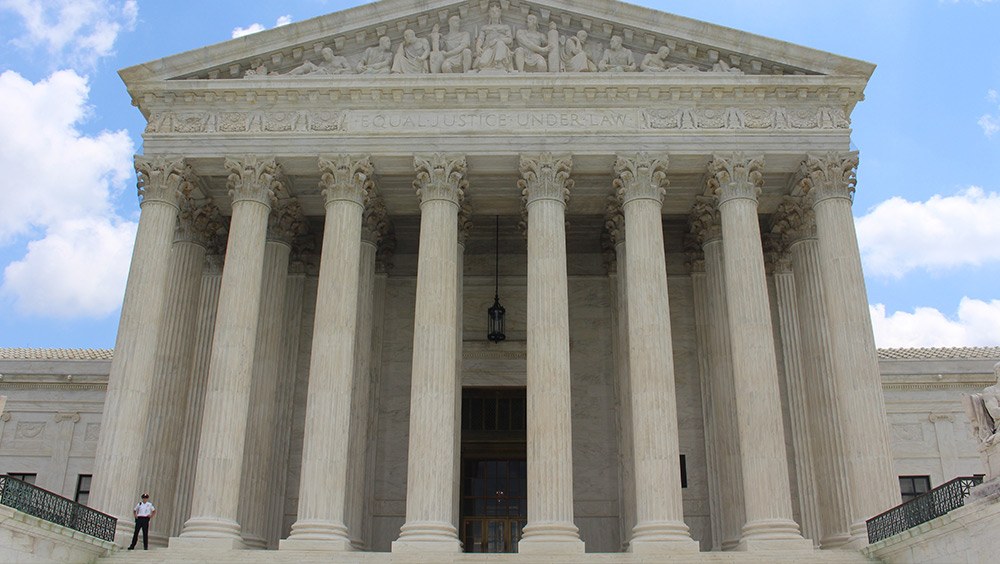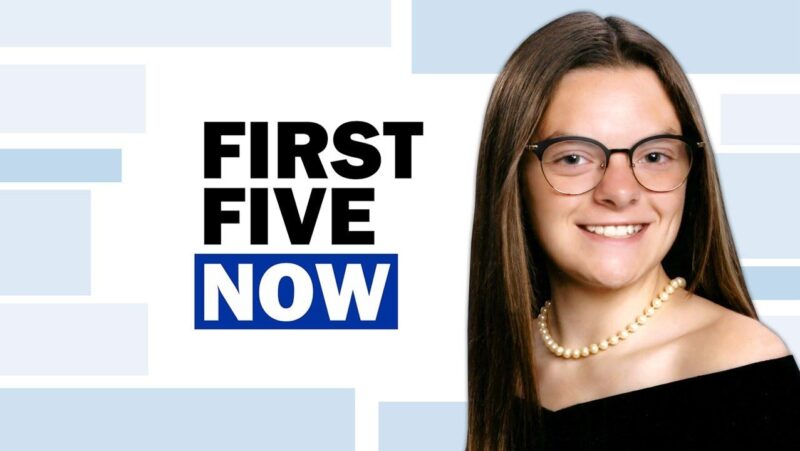Supreme Court To Tackle Rare First Amendment Test Of Freedom Of Association

If you donated money to a controversial nonprofit organization, would you want the government to know about it and possibly make your name and address public?
That question is at the crux of a First Amendment argument at the U.S. Supreme Court on April 26, 2021.
At issue is a 2012 California policy that required nonprofit organizations to disclose the names and addresses of major donors to the office of then-state Attorney General Kamala Harris. State authorities said they needed the information to investigate “fraud, self-dealing and abuse of organizations’ special tax-exempt status,” and that it was not intended for public disclosure. The Internal Revenue Service and two other states also collect the data for tax-exempt, or 501(c)(3), organizations.
In 2015, two conservative organizations that have donors from California and elsewhere sued, arguing, as one brief put it, the policy “poses an imminent danger of hate mail, violence, ostracization and boycotts. Only the most stalwart supporters will give money under such a toxic cloud.”
The danger increased, the organizations said, when California “inadvertently” made some of the data available online, through an online filing flaw in the state registry. The combined cases before the court are Americans for Prosperity Foundation v. Rodriquez and Thomas More Law Center v. Rodriquez.
The First Amendment comes into play through “freedom of association,” a right not expressed explicitly in the amendment but which has long been viewed as a companion to one: “the right of the people peaceably to assemble.” Privacy has evolved in Supreme Court rulings as a key element in protecting the right to associate and assemble.
The landmark decision involving association and privacy came in 1958 in NAACP v. Alabama. As part of an effort to eject the National Association for the Advancement of Colored People from Alabama, state officials demanded that the civil rights organization submit the names and addresses of all members. The NAACP objected, saying that disclosing members’ names would violate its right of association.
The case went to the Supreme Court, with civil rights lawyers Robert Carter and Thurgood Marshall — the future Supreme Court justice — involved in the litigation. The nine justices, all white and male, voted unanimously in favor of the NAACP, underscoring “the right of the members to pursue their lawful private interests privately.”
Justice John Harlan II wrote, “This court has recognized the vital relationship between freedom to associate and privacy in one’s associations.” He added, “Inviolability of privacy in group association may in many circumstances be indispensable to preservation of freedom of association, particularly where a group espouses dissident beliefs.”
The Thomas More Law Center, a public interest law firm that defends the religious freedom of Christians, underscores that view in arguing against disclosing the names of donors. John Bursch, lawyer for the center, said, “Mandatory disclosure of sensitive information is especially dangerous for donors and employees of nonprofits like Thomas More Law Center, who have faced intimidation, death threats, hate mail, boycotts, and even assassination plots from people who don’t agree with them.”
The Americans for Prosperity Foundation, which advocates for “free markets, civil liberties, immigration reform and constitutionally limited government,” is also challenging the California policy. Its brief asserts that the state has “opened the door for the major donors of thousands of charities to be exposed and chilled through California’s dragnet.”
Conservative groups are not the only ones urging the court to rule against California.
“A critical corollary of the freedom to associate is the right to maintain the confidentiality of one’s associations,” the American Civil Liberties Union asserts in a brief joined by the NAACP Legal Defense and Educational Fund and the Human Rights Campaign.
The Trump administration favored the groups that want California’s policy to stop. But the Biden administration argues the case should be sent back to lower courts to give greater consideration to “the nonpublic nature of the disclosure that California requires.”
Famed First Amendment lawyer Floyd Abrams filed a brief, agreeing, “There is no doubt that a level of First Amendment protection has been afforded to protect anonymity in a variety of circumstances.” But Abrams also sees merit in California’s side. “There is a strong, competing First Amendment interest: the public’s need for disclosure of information that will enable it to make informed decisions and give proper weight to different speakers and messages.”
Tony Mauro is a fellow for the First Amendment at the Freedom Forum. He has covered the U.S. Supreme Court since 1979 including for the National Law Journal and ALM Media Supreme Court Brief.
Perspective: How The Supreme Court Could Rule On Key Religious Rights Questions This Term
Watch: Snapchatting Cheerleader Tests Speech on Social Media
Related Content
2025 Al Neuharth Free Spirit and Journalism Conference
All-Expenses-Paid Trip To Washington, D.C.
June 22-27, 2025
Skill-Building
Network Growing
Head Start On Your Future

